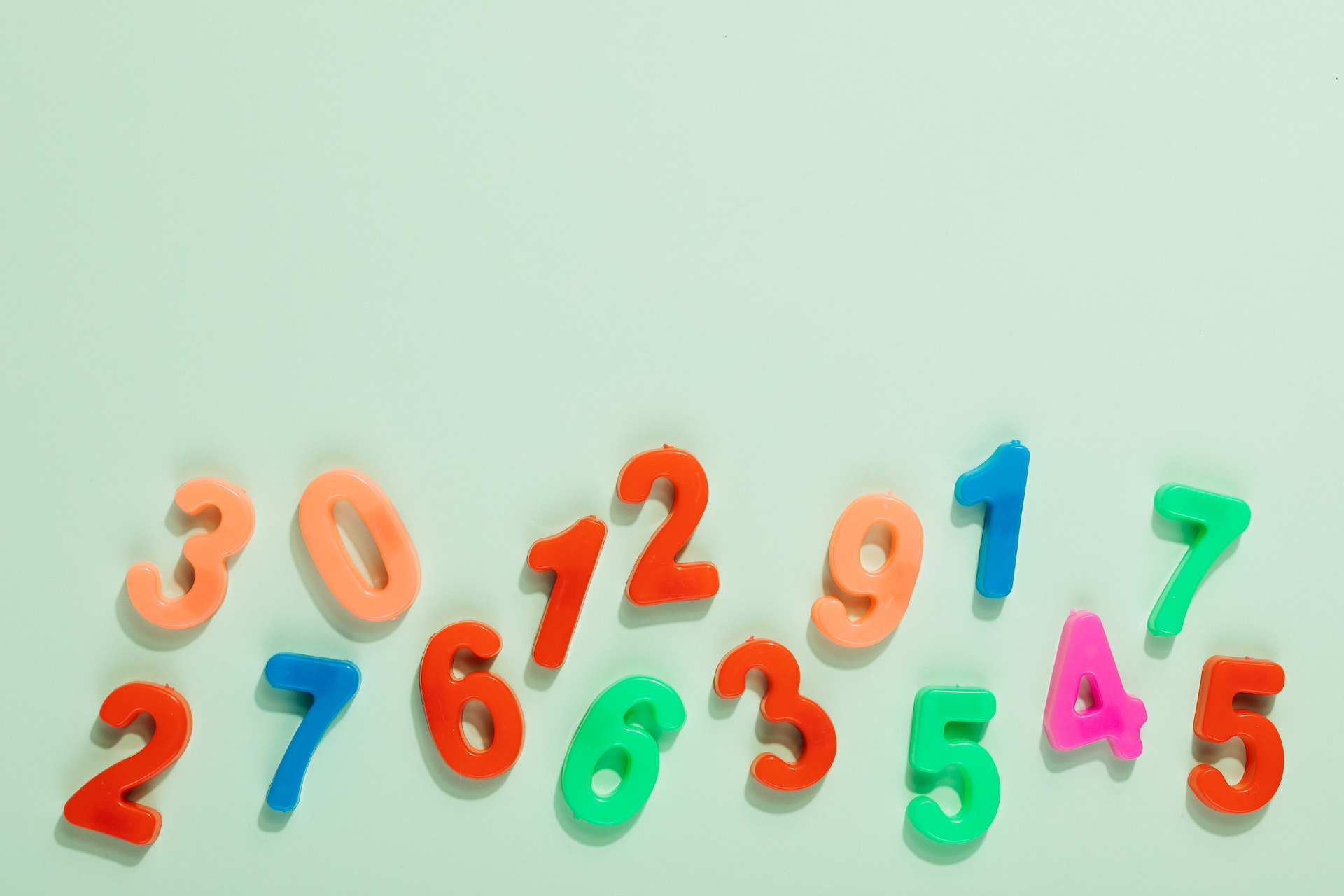
We are a reader-supported education publication. When you buy through links on our site, we may earn an affiliate commission to help us keep providing content.
The concepts and habits children learn at a young age can follow them for the rest of their lives. This is why it is so important to not only teach vital concepts but make them exciting along the way. Transforming difficult concepts into an enriching experience is no easy feat, especially in analytical topics like math.
Learn how to make math fun for your young minds and see excitement brewing right before your eyes.
Why We Struggle With Math
Math is notoriously challenging and infamously hated in popular culture. Jokes pepper the internet about stressful nights at the kitchen table struggling with homework or receiving less than stellar marks on a test. Math “hatred” is commonplace online in the world.
However, maybe what we perceive as hatred is actually anxiety. From the moment children are learning numbers, they are forming habits and understandings of learning. Recent research that studied the ways children develop this anxiety posited that children who do not receive much guidance or struggle with learning numbers are more likely to develop math anxiety.
This condition is common, with half of the kids involved in the study finding that they were nervous when completing math problems. These findings are concerning. Math is a core subject and follows the K-12 system until completion. If students are in states of anxiety for a large sum of their careers, they might have trouble moving into higher education and future employment positions.
Even for kids that might enjoy math, the traditional curriculum focuses solely on individual work with a pencil and paper, leading to only one correct answer. These strategies stifle childlike creativity and wonder and again instill boredom and anxiety into these topics.
How to Make Math Fun
Adding some joy to arithmetic studies is a sure way to get kids excited and interested in these topics. Color, noise, communication, and the inclusion of the senses are all ways to get energy levels higher.
1. Online Games
Kids today are already well-versed with computer and mobile technology, and you can capitalize on their interest in these programs. If your school has a computer lab or personal tablets for the students, block in assignments to explore a specific math program, like the ones below:
- PBSKids.org: A classic website that integrates beloved characters into measuring, problem-solving and counting games
- Khan Academy: This program features an animal guiding children through a variety of videos, activities and games that exercise their knowledge of math concepts
- Monster Math: It integrates the adventure of a silly creature into concepts like fractions, multiplication, division and more.
There are so many wonderful computer math games online, and your students will appreciate the communion of fun games and learning.
2. Classroom Games
The fun doesn’t stop in the physical space of the classroom, though. Active, exciting games gets the blood pumping and help the children remember their lessons in a positive light. This will guide them to become more enthusiastic about new concepts and future lessons.
Pretend shopping or buying food teaches how to count coins while also flexing the imaginative play that children love. Touching physical objects is also a point of interest for many children. Feeling the smooth surface of a cube or cone will help them to remember how many faces it has later on.
Finally, let your students burn off some energy. Beach balls are a surprisingly common classroom tool, with many teachers writing questions on the lines. When a student catches the ball, they can try to answer the question their finger touches. Playing this game in small groups can take away some of the math anxiety and fear of embarrassment, but be mindful of how your students react to games.
3. Conversations with Parents
Learning how to make math fun continues out of school time. If the classroom is interactive and engaging, the homework should be too. Many people have memories of stressful nights with their parents, trying to discern the math homework. You can turn those memories into positive bonding moments with parents and children.
Consider using different methods for homework. Can you assign a scavenger hunt to find all the shapes you talked about this week? How about a paper model to practice telling time? Engaging multiple senses and ways to learn is vital for student growth.
At parent-teacher conferences, discuss how these homework assignments go at home, and if you need to alter your path for any students.
4. Interdisciplinary Fun
Everyone learns differently, and some children may truly enjoy filling out pages of arithmetic. However, some people are just genetically wired for interest and skill in different subjects. Integrating other studies into math lessons is a great way to engage more students.
For the students who like literature, try math journaling. This practice guides kids to write out their feelings about the assignments and problems they attempted. The careful notation of events helps these students to analyze where they might have made a mistake but also allows them to stay calm and mindful of emotions.
Kids interested in science and experimenting may like projects that involve manipulating objects or creations. Consider a small baking project for the measuring unit or using an abacus.
Artists could find skits helpful. When learning subtraction, the students act out as numbers at the front of the classroom, with certain students leaving the “stage” to emulate a subtraction. Some fun worksheets also involve creating a gridline picture from a line of code, all answered through math problems.
Finally, high-energy and sporty children can be engaged in a scavenger hunt or physical game that requires some movement to answer questions.
Offering multiple options and tailoring your methods to your classroom is a vital step.
Changing Math Class For The Better
Math seems like it’s the worst enemy of students everywhere, but learning how to make math fun can transform these lessons into experiences children will never forget. Get engaged, try out some new programs and have fun with your math students this year.
latest in learning!
Get the latest updates in learning, teaching and everything in between! Whether you're a student or an educator, we offer the inspiration you need to fuel your classroom experience.









